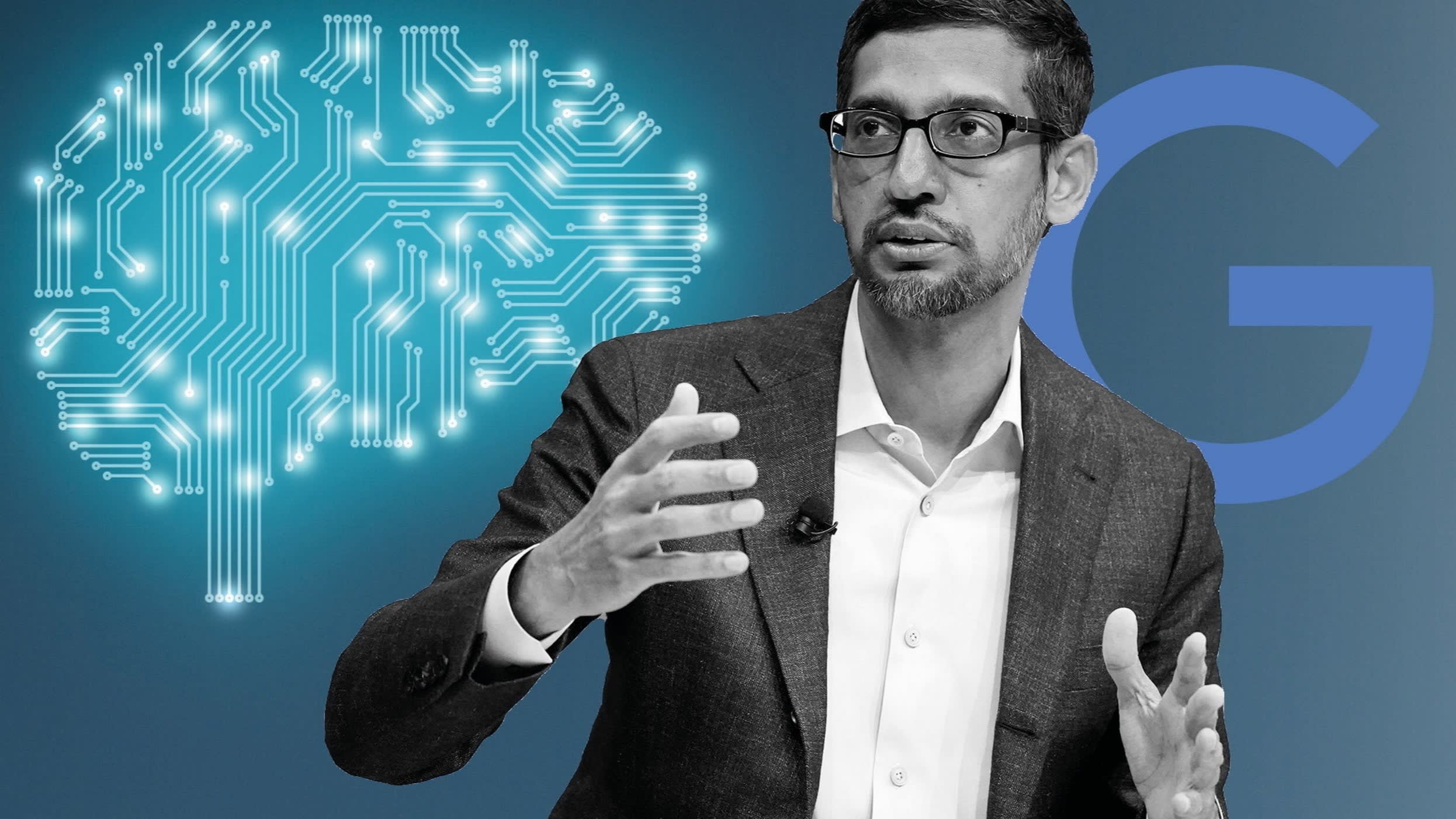
In a groundbreaking revelation, Google CEO Sundar Pichai announced that artificial intelligence (AI) is now responsible for creating more than a quarter of the company's new code. This disclosure, made during Google's third-quarter earnings call, highlights the tech giant's rapid integration of AI into its core operations.
AI Boosting Productivity
Pichai emphasized that the use of AI in coding has significantly enhanced productivity and efficiency within Google. The process involves AI generating the initial code, which is then meticulously reviewed and verified by human engineers. This collaborative approach between AI and human expertise allows Google's engineering teams to accomplish more in less time.
The Goose That Lays Golden Code
Earlier this year, Google introduced an internal AI model named "Goose" to assist employees with coding and product development. This AI system, trained on a quarter-century of Google's engineering expertise, has quickly become an integral part of the company's development process.
AI's Growing Role at Google
The integration of AI extends beyond just code generation. Pichai revealed that all seven of Google's products and platforms with over 2 billion monthly users now utilize Gemini models, the company's advanced AI system. This includes Google Maps, which recently joined the 2-billion-user club.
Addressing Employee Concerns
While the increasing role of AI in coding might raise concerns about job security among some employees, Google's leadership has reassured that AI is not replacing human workers. Instead, it's seen as a tool to enhance human capabilities and drive innovation.
Looking Ahead
As Google continues to invest heavily in AI research and infrastructure, the company is positioning itself at the forefront of the AI revolution. With plans to introduce more AI-powered experiences as early as 2025, Google is setting the stage for a future where AI and human creativity work hand in hand to drive technological progress.
This milestone in AI-generated code marks a significant step in Google's journey towards a more AI-integrated future, promising exciting developments in the tech world in the years to come.